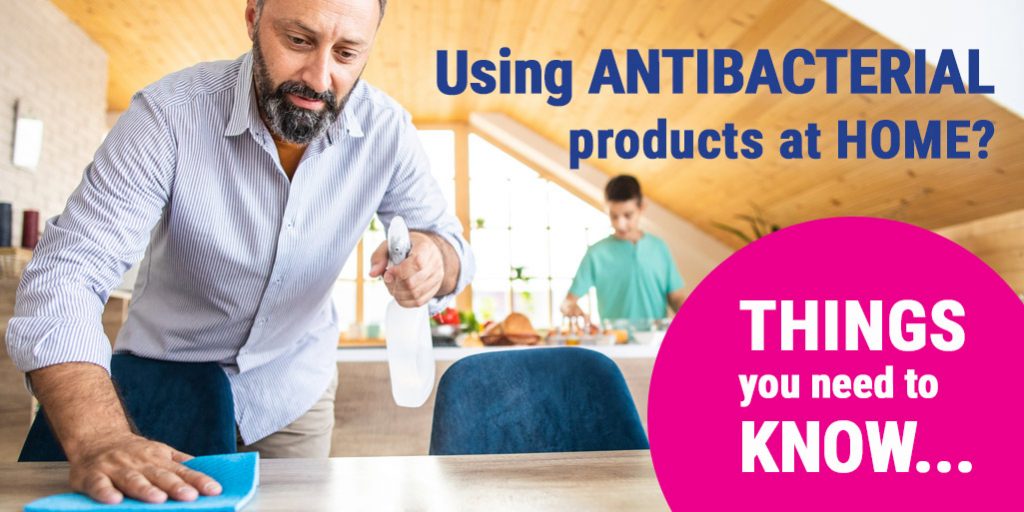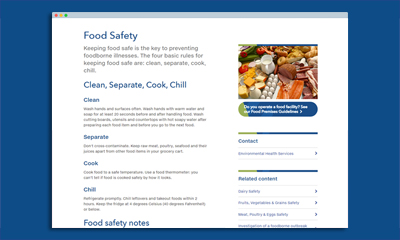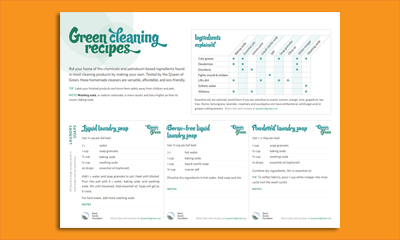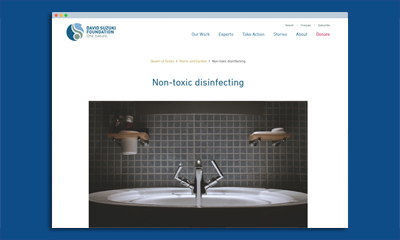Using Antibacterial Products at Home

Using antibacterial products in your home washes away the good bacteria
Millions of good bacteria live on our bodies to protect against infections caused by bad bacteria. Good bacteria also keep harmful bacteria from multiplying. Antibacterial cleaners, makeup and body products wash away the good and the bad. Antibacterial use makes bacteria more resistant to antibiotics.
Using antibacterial products in your home impacts hospital disinfectants
Researchers have found little difference between using plain soap or antibacterial soap in a home or community setting and there is no added benefit of using antimicrobial soap in preventing infections. Similarly, antibacterial ingredients added to makeup, hygiene products, and surfaces of children’s toys have no added benefit to protect against the common cold or the flu. Moreover, some antimicrobial chemicals (such as Triclosan) are harmful to plants and animals when the chemicals are washed down the drain. Triclosan also kills good bacteria and can cause antibiotic resistance over time.
What household products may be labelled as antibacterial, antimicrobial or antiseptic?
- Soaps and cleaners
- Disinfectant wipes
- Window cleaners
- Cleaning cloths
- Toothpastes
- Mouthwashes
- Facial cleaners
- Makeup and makeup brushes
- Pillowcases
- Garbage bags and plastic wrap
- Child and baby products
What are alternatives to antibacterial products?
Plain soap or detergent and water (any temperature) are the only tools you need to get things clean. Most households don’t need antibacterial cleaning products.
There’s little difference between plain soap versus antibacterial soap when you’re at home. Antibacterial ingredients don’t protect you better from cold or flu. Handwashing with plain soap is extremely effective at reducing the spread of germs.
Resources

Safe Food Handling
BC Centre for Disease Control’s tips and guidelines on safe food handling to reduce risk of contamination and food poisoning.

Green Cleaning Product Recipes
The Queen of Green has developed 9 easy cleaning recipes for everyday cleaning.

Alternative Non-Toxic Disinfectants
The David Suzuki Foundation have provided alternative non-toxic disinfecting solutions for at-home use.



